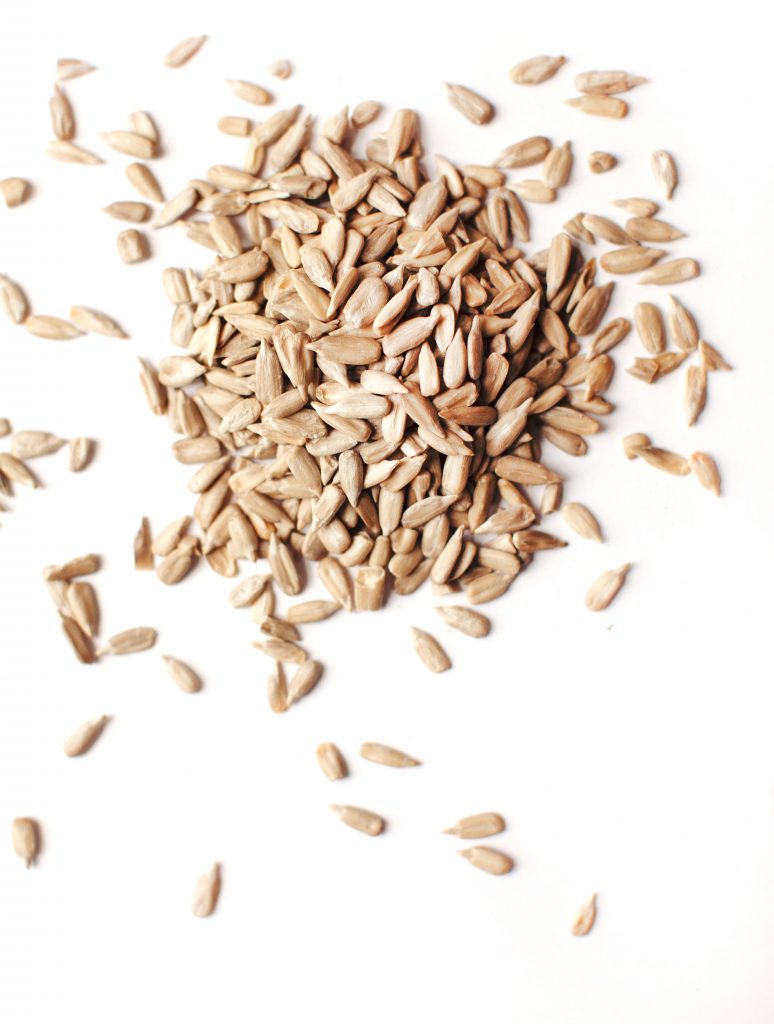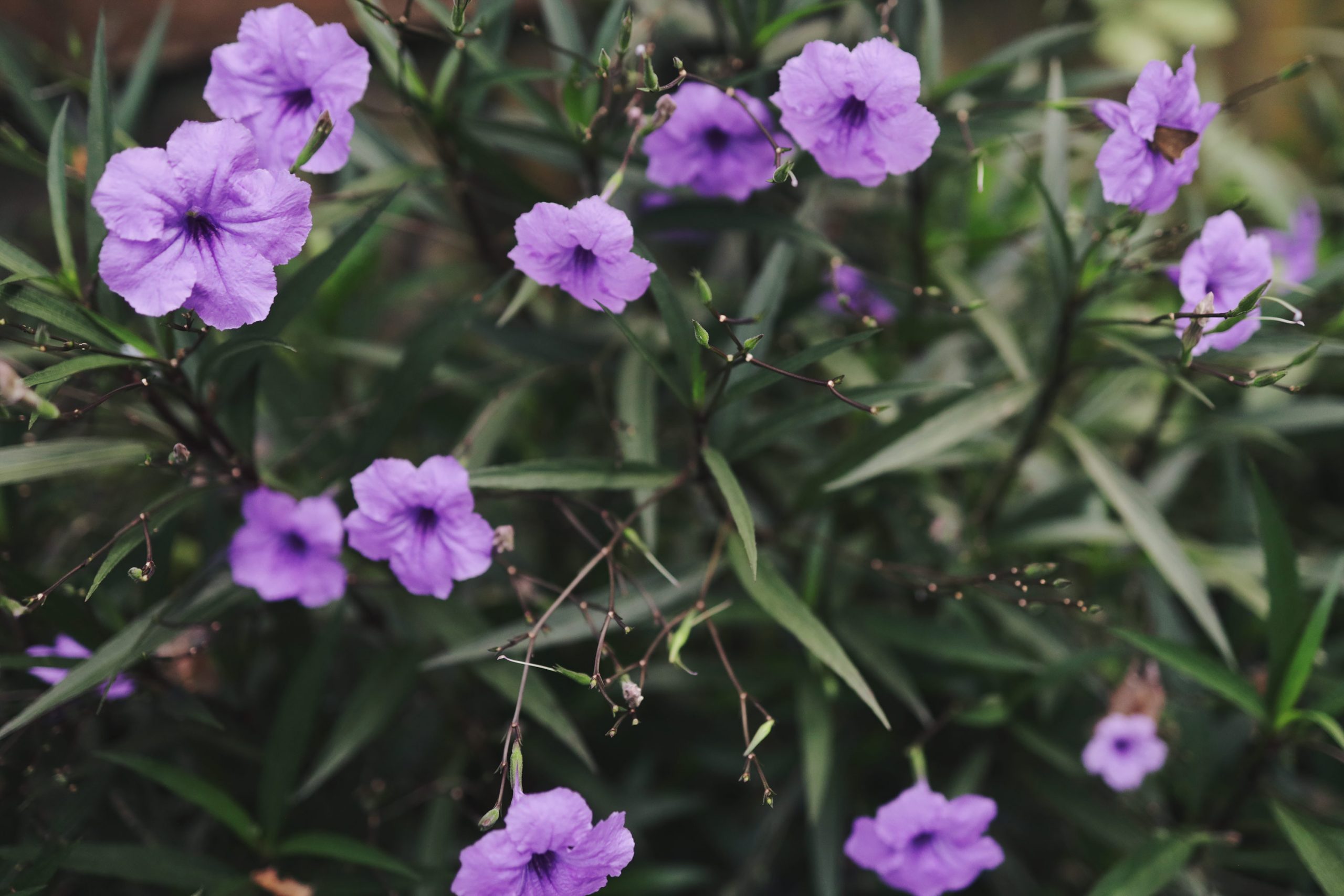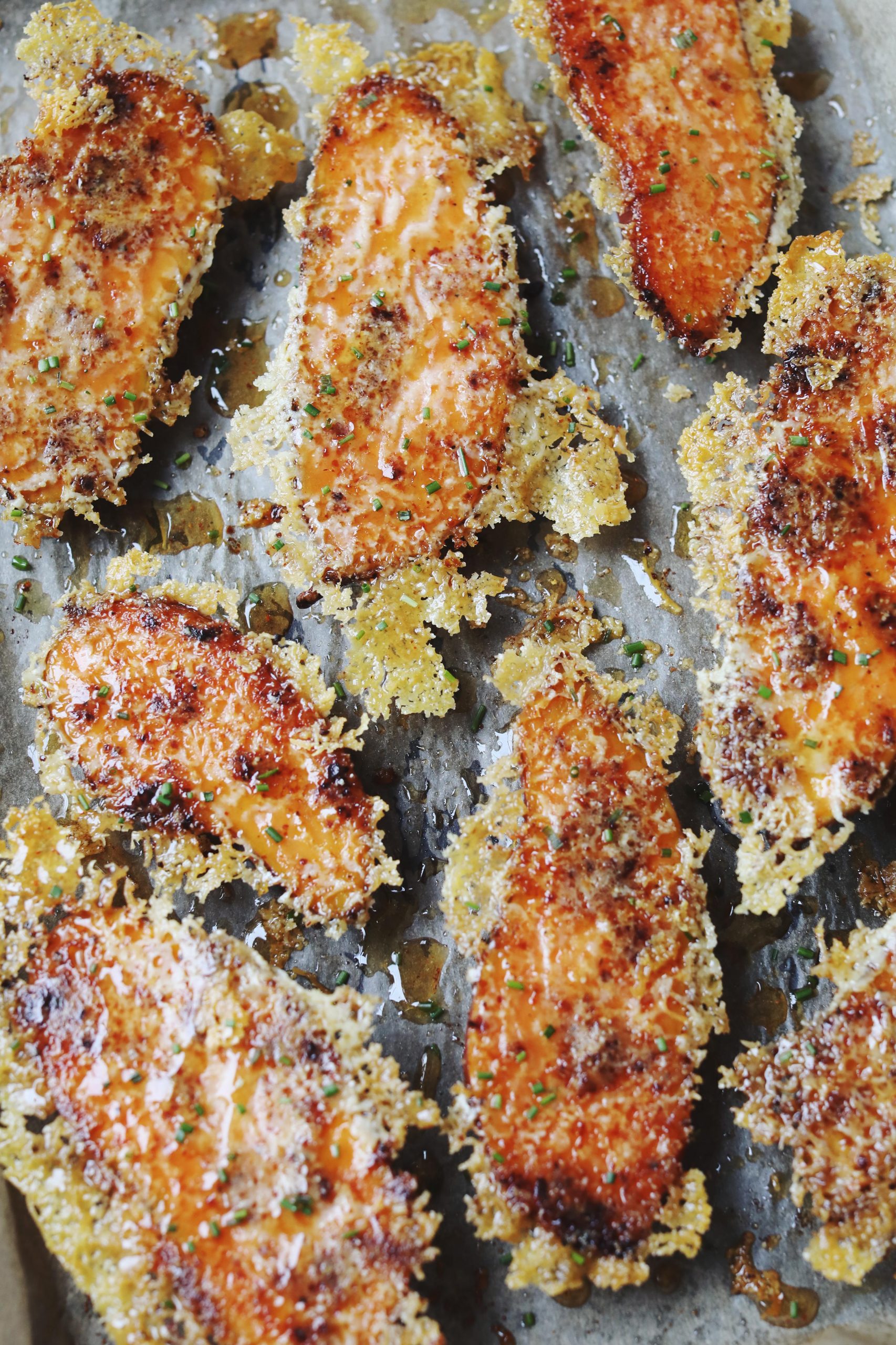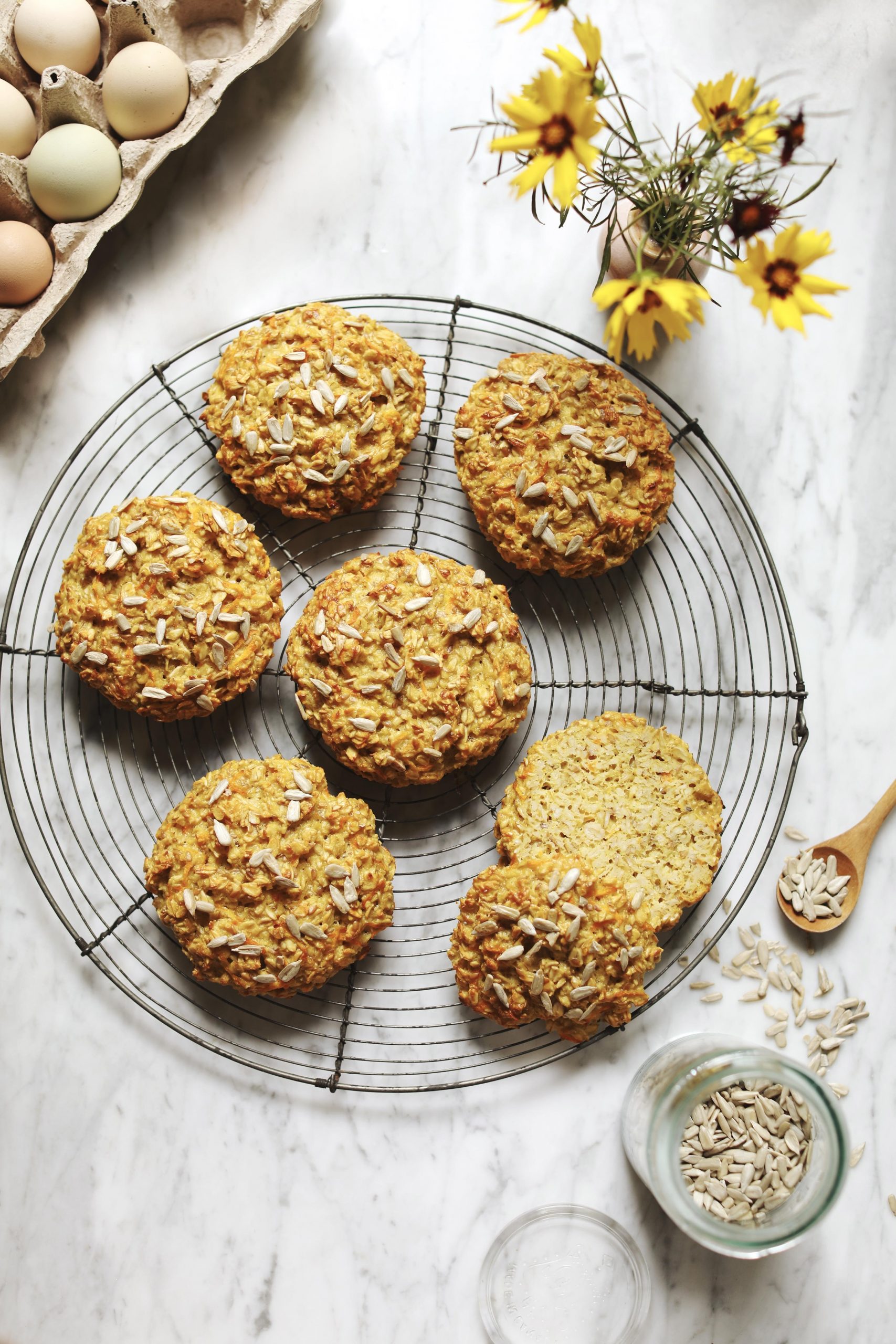Sunflower seeds are available unshelled, or conveniently without their inedible exterior. To ensure freshness, purchase plump, firm, unsalted and raw unshelled sunflower seeds whenever possible and look for whole heads of sunflowers at farmers markets in the autumn for a fun treat. Never buy shelled sunflower seeds that are yellow as this could indicate they have turned rancid. If you are buying shelled sunflower seeds from a bulk bin, smell them before purchasing to ensure they are indeed fresh.
- Compared to all other nuts and seeds, sunflower seeds contain the highest amount of the antioxidant phytochemical tocopherol, which may help to prevent cardiovascular disease.

About Seeds
Seeds are concentrated, high-energy foods that are always good to have on hand in your pantry. Seeds are typically the best sources of vitamin E and plant-based essential fatty acids.
Seeds are healthiest consumed after they have been soaked for some hours to improve their digestibility and increase their nutritional value. Raw, unsprouted nuts and seeds are difficult to digest.
Buying
To ensure quality, visit a shop you know has a high turnover to ensure freshness and taste the seeds before purchasing. Purchase organic whenever possible, as pesticides and toxins tend to accumulate in high fat food, such as seeds. Never buy roasted seeds, or those processed with oil, salt, sugar, or other additives. Pre-roasted seeds contain rancid fats and are a source of harmful free radicals. Seeds should always be purchased raw and toasted at home if desired.
Storing
Store hulled seeds in glass containers in a dark, cool place – heat and light speed up oxidation. Seeds will keep at room temperature for one to three months. The fridge is an idea place as it is both cold and dark; storing here will ensure freshness for up to six months. Do not store seeds in plastic.



